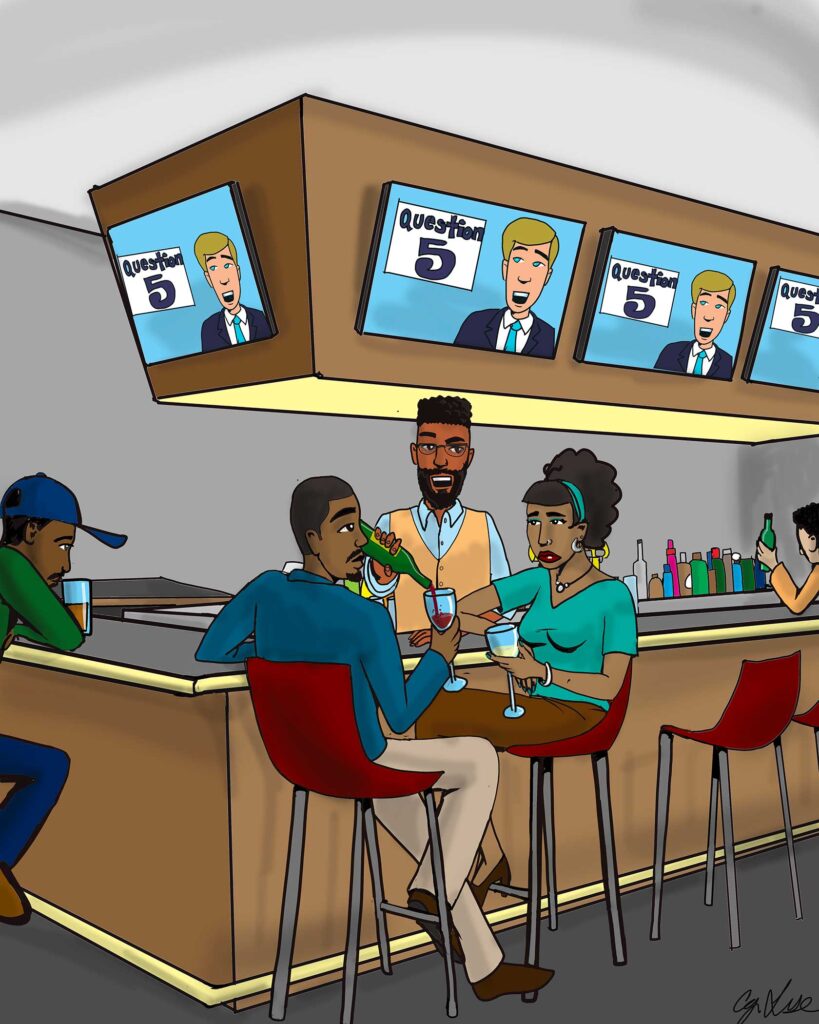
As the country’s economy continues its shift from manufacturing to services, the status of workers has morphed. A smaller percentage of workers belong to labor unions, compared to the industrial era, and those who do tend to hold jobs in government or the services sector. Other workers hop around in the gig economy, taking gigs that may but often do not add up to full-time work. Meanwhile, wages over the long haul have not kept up with the cost of living, squeezing family budgets and pricing many younger people out of the housing market.
These are broad trends across the country that actually call for a comprehensive fix from Washington. Congress passed the National Labor Relations Act in 1935 during the Great Depression, smack in the industrial era. The foundational law is in dire need of an update to account for, among other changes, the gig economy.
Congress last raised the federal minimum wage 15 years ago, to $7.25, which nearly everywhere in the country does not amount to a living wage. States, and even some cities, have taken up the slack, raising their minimum wage up to the $17 it is in Washington, D.C. It’s $15 in Massachusetts. States along the Atlantic and Pacific coasts that have the highest cost of living dominate the list of those with the highest minimums.
Massachusetts voters are set to decide two ballot questions on workers’ rights in the November 5 election. One would pay tipped workers in restaurants the state’s $15 minimum wage, instead of $6.75 an hour plus tips. The other would allow drivers for ride share services like Uber and Lyft to organize unions. Both questions have consequences for Black and Hispanic workers on the margins of the state’s 21st century economy, which rests heavily on biotech, higher education, and health care.
On first glance, increasing the wages of wait staff in restaurants sounds like a great idea. How could that not be a good thing?
But when you drill down on the ballot question what would actually happen is the base pay of tipped workers would increase and become more predictable, yes, but, their right to any tips they earn would be removed. Control over earned tips would be transferred to restaurant owners and managers. They would have the right to redistribute tips beyond the people who wait on tables to include kitchen staff and, theoretically, management.
Speaking with many restaurant wait staff over the past month, the response has brought a consistent refrain—“Vote No” on Question 5. All those wait staffers have told me emphatically that they do not want to make minimum wage because they believe losing out on tips will reduce their overall take home pay. Some diners might not tip at all, assuming wait staff were being adequately compensated. Other restaurant patrons have never liked tipping anyway and would see the question as relieving them of the expectation that they do.
Governor Maura Healey has come out in opposition to the ballot question, saying it would cause layoffs at restaurants, an impact that many owners foresee as well. They claim their margins are too thin to absorb the larger payroll that a $15 minimum wage would entail. Meal prices on menus would rise too.
For all those reasons, the Banner urges a vote against Question 5 to increase the minimum wage to tipped workers in restaurants.
I make a different call on Question 3 to allow the unionizing of ride share drivers. Allowing workers to bargain for wages, benefits and working conditions helps to counterbalance the power that corporate employers hold in the economy. Unions played a big role in creating the country’s middle class during the industrial era. In the media business, the Newspaper Guild lifted the pay of journalists, allowing them to make decent pay, live stable lives and raise families.
Unions held a recent rally outside Hibernian Hall in Roxbury to press the case for organizing ride share workers. The event was held as a way to represent the interests of drivers of color in their ranks and to make an obvious appeal to Black and Latino voters.
This ballot question would leave some legal ambiguity because ride share workers have not been formally recognized as employees—as opposed to contractors—in this state. Sorting that out actually might be a good thing, given the current limitations of the National Labor Relations Act. If other states get into the act, Congress might eventually be goaded into snapping that industrial era law into the 21st century.
If labor unions are to survive and grow, and I hope they do, they will have to enter new industries in the service economy. They have already made inroads in Starbucks and independent coffee shops in Massachusetts. Hospitality workers, who already have union representation, have flexed their muscles at chain hotels in the Boston area. The cumulative effect of such labor advocacy could help lessen stark income inequality.
The Banner urges a yes vote for Question 3 to let ride share workers organize unions.
— Ronald Mitchell







